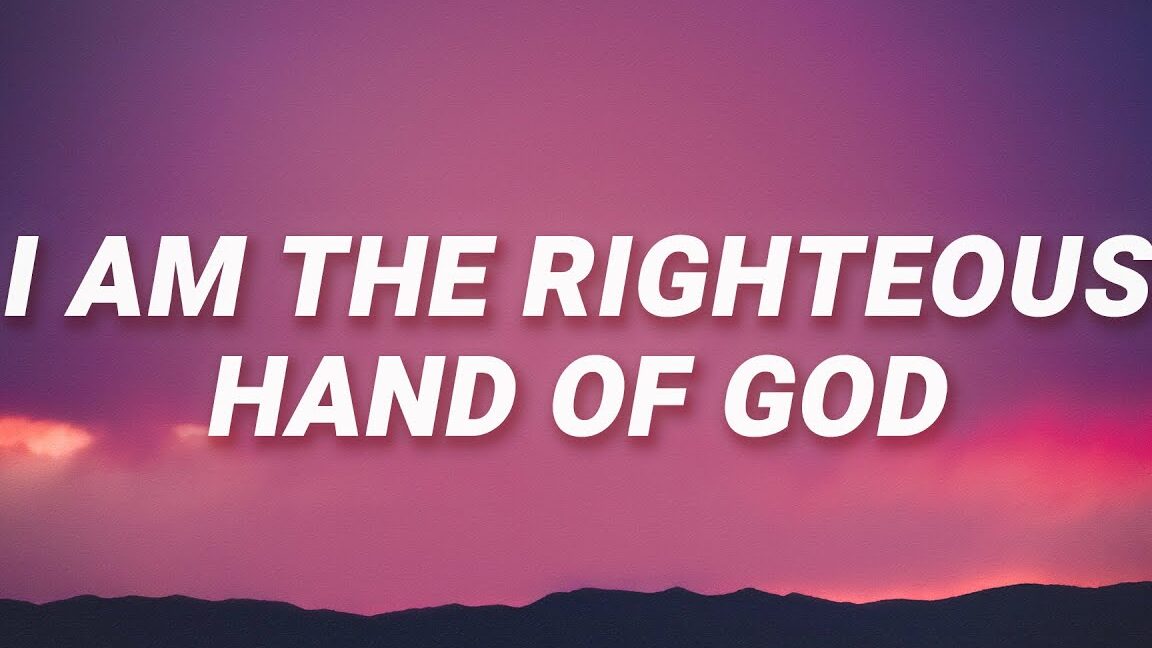In the labyrinth of spirituality and faith, the contrast between divine love and divine fury presents a conundrum that has puzzled theologians, believers, and skeptics alike. The notion that an all-loving God could harbor feelings of hatred or administer punishment and wrath upon His creations seems paradoxical. This inquiry leads us to the heart of a theological and philosophical debate: What triggers divine fury, and how does it coexist with God's boundless love?
Bible: The law of attaction
Biblia: La ley de la atracción
To navigate these waters, it is essential to recognize that the divine emotions of love and hate, as depicted in religious texts, transcend human understanding and emotions. The dichotomy of love and hate in the divine context does not fit neatly into our mortal perceptions of these emotions. Therefore, understanding the triggers of divine fury requires a deep dive into the nuances of God's relationships with His creations, as portrayed in scripture and interpreted by scholars throughout the ages.
Understanding Divine Emotions: Beyond Human Perception
The complexity of divine emotions cannot be overstated. Unlike human emotions, which are often reactive and subject to change, divine emotions are part of a larger, inscrutable plan that governs the universe. Key to understanding this is recognizing that what may appear as God's hatred is not akin to human hate but rather a manifestation of divine justice and righteousness.
The Concept of God’s Love: Unconditional and Everlasting
Central to many religious teachings is the belief in God's unconditional love. This love, described as unconditional and everlasting, is a cornerstone for the faithful, offering solace and hope. It's a love that transcends human failings and imperfections, inviting all to seek redemption and mercy. Yet, this divine love does not negate the concept of divine disfavor or corrective punishment meant to guide the errant back to righteousness.

Exploring Divine Disfavor: Hate in Biblical Context
When scriptures speak of hated by God, it is crucial to understand the context. Biblical mentions of hate often relate to God’s opposition to sin and wickedness. This "hatred" is not petty or whimsical but a firm stance against actions and attitudes that oppose God's nature and commands. It's a divine disfavor aimed at prompting change and reconciliation.
Romans 9:13 - Interpreting God's Choice
Scholars have long debated the implications of Romans 9:13, where it's written, “As it is written, Jacob I loved, but Esau I hated.” This passage has sparked discussions about God's sovereignty and elective purposes. It’s essential to interpret this within the broader scriptural narrative, which showcases God's right to choose based on His divine will and wisdom, not on human merits or actions.
Psalm 5:5 - The Righteous Judgment of God
Similarly, Psalm 5:5 demonstrates the theme of divine judgment: “The boastful shall not stand before your eyes; you hate all evildoers.” This expression of God's hatred towards sin highlights His inherent holiness and the expectation of righteousness for those who seek to be in His presence.
The Dynamics of Favor: Choosing Christ Above All
The notion of being ‘chosen’ or favored by God is often misunderstood. It is not a license for arrogance or exclusivity but a call to embody Christ's teachings of love, mercy, and forgiveness. Believers are encouraged to choose Christ above all, aligning their lives with his example and teachings, thereby attracting God's favor.
God’s Judgment vs. Human Understanding
The gap between God's judgment and human understanding is vast. We, in our limited capacity, may find it challenging to reconcile God's love with His capacity for anger or punishment. It is crucial, however, to acknowledge our limitations in comprehending divine will and judgment.
The Role of Human Actions in Triggering Divine Fury
Our actions and choices play a critical role in our relationship with the divine. While God's love offers redemption, a consistent pattern of choices against divine will can trigger divine fury. This concept, known as god is hate when faced with persistent defiance, serves as a corrective measure, designed to steer humanity back towards righteousness.
Navigating the Path of Favor: How to Align with Divine Will
To attract divine favor and avoid the pitfalls of god's hatred, individuals are guided to live according to divine principles. This involves sincere repentance, genuine worship, and a commitment to embodying God's love in actions towards others. By doing so, one can navigate the path of favor, aligning more closely with divine will and purpose.
Tip: Daily prayer and reflection can be powerful tools in seeking alignment with divine will and understanding.
In conclusion, the interplay between divine love and divine fury reveals a complex relationship that goes beyond human emotions of love and hate. Through a deeper understanding of scripture and a commitment to living in accordance with divine principles, believers can navigate this dynamic, fostering a spiritually fulfilling relationship with the divine.
Bible: The law of attaction
Biblia: La ley de la atracción
Si quieres conocer otros artículos parecidos a God's Love vs. Hate: What Triggers Divine Fury? puedes visitar la categoría Bible Study.




Leave a Reply